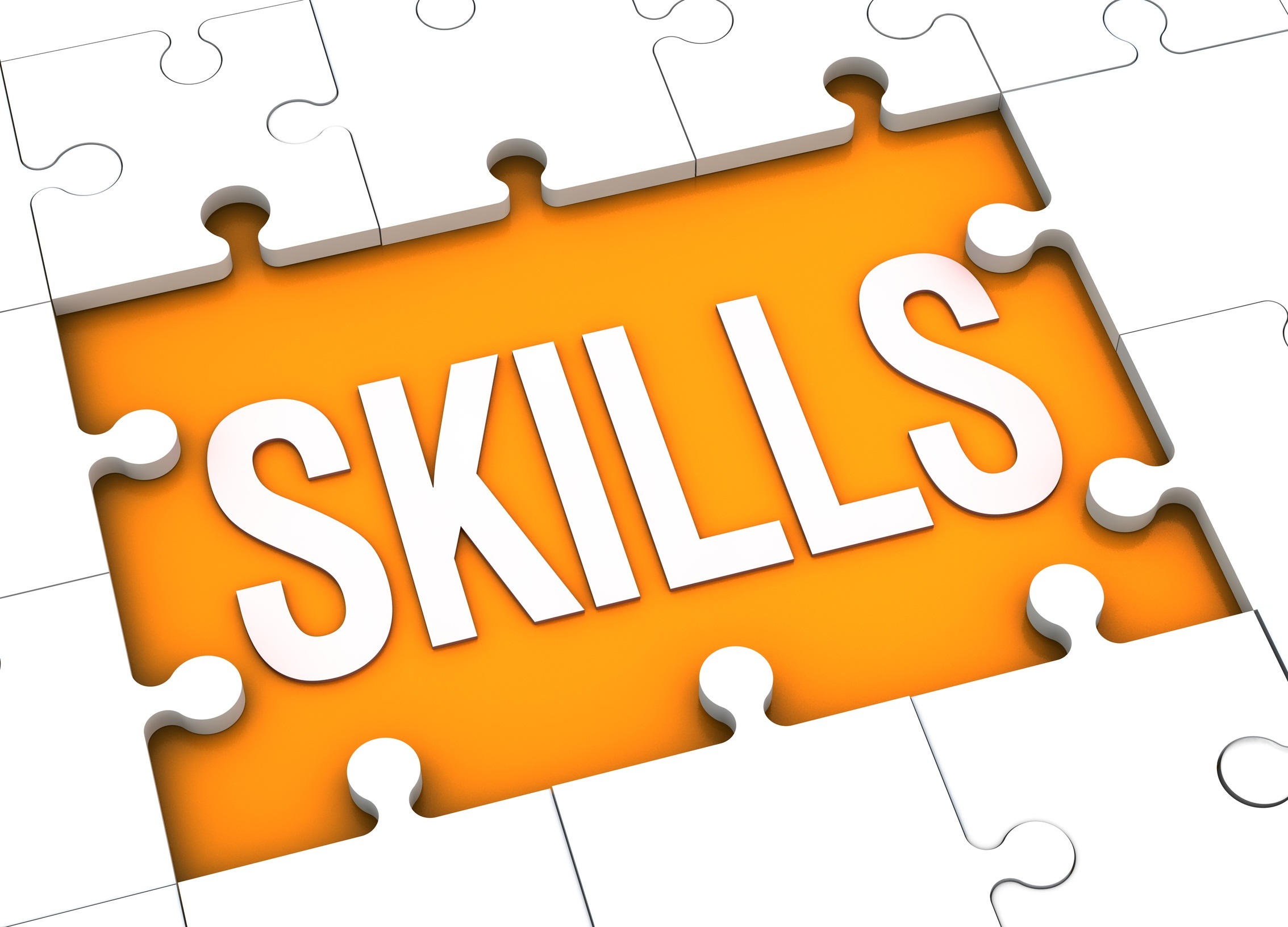Software engineers are in for a rough ride as AI adoption ramps up – 80% will be forced to upskill by 2027 as the profession is transformed
The technology will create new roles throughout software engineering and operations, the firm said


80% of the software engineering workforce will need to upskill by 2027, according to Gartner, to keep pace with the growing demands of generative AI.
The necessity of upskilling can be considered in the short, medium, and long-term as Gartner predicts the technology to play an increasingly larger role in engineering tasks.
In the short term, AI tools will create modest increases in productivity by supporting a developer’s existing work, the consultancy said, with this process already underway. The most significant benefit in this time frame will be for senior developers.
After this stage, AI agents will start to have an impact on engineering. Allowing for the full automation of certain tasks, this evolutionary period for both the technology and the profession will see the emergence of “AI-native software engineering” in which most code is AI-generated.
“In the AI-native era, software engineers will adopt an ‘AI-first’ mindset, where they primarily focus on steering AI agents toward the most relevant context and constraints for a given task,” said Philip Walsh, senior principal analyst at Gartner.
From a skills perspective, Walsh added that natural language prompt engineering and retrieval augmented generation (RAG) skills will become essential for software engineers at this point.
In the long term, the industry will see a rise in AI engineering as the technology becomes more powerful. Organizations will need an increasing amount of skilled developers to meet the demand for AI software, the consultancy suggested, as enterprise adoption rates continue rising.
Sign up today and you will receive a free copy of our Future Focus 2025 report - the leading guidance on AI, cybersecurity and other IT challenges as per 700+ senior executives
“Building AI-empowered software will demand a new breed of software professional, the AI engineer,” Walsh said.
“The AI engineer possesses a unique combination of skills in software engineering, data science and AI/machine learning (ML), skills that are sought after,” he added.
Gartner advised that organizations invest in AI developer platforms, as these could help to more effectively build AI capabilities. Walsh added that such an investment would require the upskilling of data engineering and platform engineering teams.
RELATED WHITEPAPER

Despite speculation that AI may reduce the demand for human engineers, Walsh said the technology will not replace humans outright even as it changes the role of software engineers.
“Human expertise and creativity will always be essential to delivering complex, innovative software,” Walsh said.
While Gartner suggests the inevitability of AI upskilling, engineers looking to take on the challenge sooner rather than later are increasingly sought after by big firms.
At the start of this year, for example, research from AWS revealed that some employers are willing to pay a 31% premium on salaries for tech workers with AI skills.
Other research from job firm Indeed revealed that AI skills could secure workers some of the most financially rewarding jobs, with half of the highest-paid skills related to AI and offering an average salary of $174,000.

George Fitzmaurice is a former Staff Writer at ITPro and ChannelPro, with a particular interest in AI regulation, data legislation, and market development. After graduating from the University of Oxford with a degree in English Language and Literature, he undertook an internship at the New Statesman before starting at ITPro. Outside of the office, George is both an aspiring musician and an avid reader.
-
 I couldn’t escape the iPhone 17 Pro this year – and it’s about time we redefined business phones
I couldn’t escape the iPhone 17 Pro this year – and it’s about time we redefined business phonesOpinion ITPro is back on smartphone reviews, as they grow more and more intertwined with our work-life balance
-
 When everything connects, everything’s at risk
When everything connects, everything’s at riskIndustry Insights Growing IoT complexity demands dynamic, automated security for visibility, compliance, and resilience
-
 European software spending is set to surge in 2026 – here's why
European software spending is set to surge in 2026 – here's whyNews Enterprises are approaching the “trough of disillusionment” with AI, but it’s not stopping them from spending
-
 IT spending could reach £3.5 trillion in 2017
IT spending could reach £3.5 trillion in 2017News Enterprise software will record 7.5% growth, predicts Gartner
-
 Skills gap listed as major challenge in Hadoop takeup
Skills gap listed as major challenge in Hadoop takeupNews Research by Gartner said only 26 per cent of respondents claim to be either deploying, piloting or experimenting with Hadoop
-
 Tablet sales set for slow 2015, predicts Gartner
Tablet sales set for slow 2015, predicts GartnerNews Why Gartner thinks Windows Phone will grow faster than Apple’s iOS
-
 iPhone 6/6 Plus fuel 26 per cent smartphone sales jump for Apple
iPhone 6/6 Plus fuel 26 per cent smartphone sales jump for AppleNews Samsung loses huge market share in China, while Apple’s iPhone 6 sales continue unabated
-
 Gartner: Extreme transformation is on the horizon for some leaders
Gartner: Extreme transformation is on the horizon for some leadersNews PPM leaders must prepare for extreme transformation, according to the analyst firm
-
 Salesforce leads growth of worldwide software market
Salesforce leads growth of worldwide software marketNews Gartner's study shows the worldwide software market grew by 4.8 per cent in 2013
-
 iPad 2 replaced by iPad 4 as Apple's entry-level tablet
iPad 2 replaced by iPad 4 as Apple's entry-level tabletNews iPad 4 becomes Apple's entry-level tablet, as it axes iPad 2 from line-up